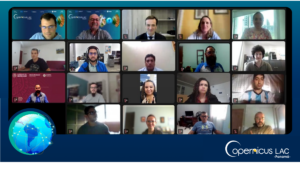Panama City, Panama, 27 September 2024. Today, the CopernicusLAC Panama Centre completed an online training on Earth Observation and Digital Tools. This training is the second in a series that are part of the Centre’s knowledge and training roadmap and complements the in-person training which took place last July.
Dr Itziar Alonso, responsible for the implementation of the CopernicusLAC Panama Centre at the European Space Agency (ESA), spoke at the training’s first session, emphasising, “We want to increase the resilience of Latin American and Caribbean countries by developing Earth Observation capabilities and services with Copernicus data which will reduce the risk of disasters.”
Mr Javier Arregui, representative of the Delegation of the European Union in Panama, stressed in his speech the importance of further strengthening ties between the EU and Latin America and the crucial role that this training plays in the objectives of the Digital Alliance between the two continents. Throughout the week, experts from the Earth Observation team of the company Indra delivered the training, which consisted of 2 modules. The first one, titled Introduction to Earth Observation in optical and SAR, taught the attendees about remote sensing, optical data processing (Copernicus Sentinel-2) and SAR data processing (Copernicus Sentinel-1) with the SNAP tool. In the last two days, participants focused on the second module, titled Digital Tools for Earth Observation, including an introductory session on satellite image processing automation and another on Copernicus image processing in JupyterLab.
Claudia Herrera, Stakeholder Liaison Officer of the Copernicus LAC Panama Centre, closed the last session of the course by highlighting that: ‘These types of trainings are not only fundamental to broaden knowledge on Earth Observation tools and their applications, but also have a direct impact on strengthening our mission at the Copernicus LAC Centre. Through these sessions, we have not only shared techniques and knowledge, but we have also taken another step towards our goal of empowering strategic actors throughout Latin America. Their participation and commitment are essential for us to continue moving forward in the implementation of key projects for our region.

More than 200 professionals from 23 countries in Latin America and Europe participated in the CopernicusLAC Panama Centre’s online training. Participants received theoretical lessons and completed a series of practical exercises with downloaded materials from the Moodle platform on the Centre’s Digital Campus.
This online training has allowed the CopernicusLAC Panama Centre to increase its reach to a greater number of professionals, who can now apply Copernicus data in their daily activities, helping them to make more informed decisions in their respective areas. The contents of the different sessions included examples of specific data from the region, thus addressing the needs of the organisations represented by the attendees and contributing to greater resilience of LAC countries in the face of the effects of disasters.
Over the next four years, the Centre will organise in-person and online trainings covering key topics such as flood detection, ground motion monitoring, forest fire detection and monitoring, disaster management and climate change. Information on the courses being offered, as well as the online platform with tools and training materials, are available free of charge on the Digital Campus of the CopernicusLAC Panama website.
From 30 September, all course materials and recorded sessions will be available on the Digital Campus for interested users who were not able to attend the online training and want to improve their skills and knowledge in Earth Observation. To access the contents, users must create an account on the Digital Campus and access the new Moodle platform, where all materials from the Centre’s courses will be available for download.
Background Information
The Copernicus LAC Panama Centre’s activities take place within the overall context of the EU-LAC Digital Alliance, which is a strategic framework for promoting cooperation between the EU and the LAC region on digital and space issues under the EU Global Gateway umbrella. Within this context, the European Space Agency (ESA) is coordinating the Centre’s implementation on the basis of a Contribution Agreement with the Directorate-General for International Partnerships (DG INTPA) of the European Commission, and in close collaboration with Panama’s government, MIRE (Ministry of Foreign Affairs), Government Innovation Authority (AIG), and SENACYT (National Secretariat for Science, Technology and Innovation).






